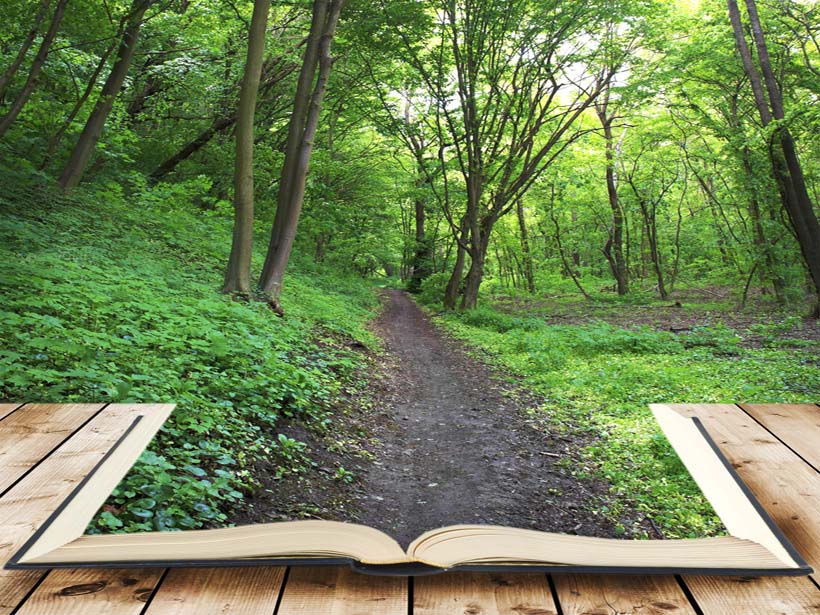Our challenge is to create a new language, even a new sense of what it is to be human.
—Thomas Berry, Passionist Priest, The Dream of the Earth 1988 p. 42.
Words have legacies. “Nature” and “natural” connote a world apart from people. They also set a standard as to how things “should be.” Yet, there are few places on earth where a fluvial geomorphologist can work, for example, without taking into account how people are affecting watersheds, runoff, and thereby how streams interact with landscapes. And now, with climate change globally affecting precipitation patterns and vegetation, rivers can never be natural again. Yet “nature” and “natural” are used all the time in the natural sciences. How could it be otherwise? Yet, it is this that worries me.
Whether or not we are in the Anthropocene, a semantic issue itself, people are transforming the planet in ways that threaten our very existence and that of numerous other species.
As we grapple with the challenges of understanding the dynamics of social system-natural system interaction and finding a new, sustainable dynamic, it is critical to keep in mind that words both help us think and communicate, but also that words have historically embedded meanings that can impede both clear thinking and communication.
Some of the words we should be most careful with have been central to the way science has evolved. We often speak of scientific progress, appeal to progress in our research proposals, and invoke progress in the conclusions to our papers. Yet in what way has science progressed if the fate of humanity and other species depend on how quickly we can understand the complexities of human-nature dynamics and implement a sustainable future?
Creating a new language and a new sense of being will be a long project, but we can all watch for words with old baggage we might want to deliberately leave behind.
For an extended discussion on word choice and the Anthropocene, see “Watch your language: Power words at the human–nature interface,” a commentary published in AGU’s open access journal Earth’s Future.
—Richard B. Norgaard, Editor, Earth’s Future; email: [email protected]
Citation:
Norgaard, R. B. (2016), Watch your language, Eos, 97, https://doi.org/10.1029/2018EO046509. Published on 23 February 2016.
Text © 2016. The authors. CC BY-NC-ND 3.0
Except where otherwise noted, images are subject to copyright. Any reuse without express permission from the copyright owner is prohibited.

